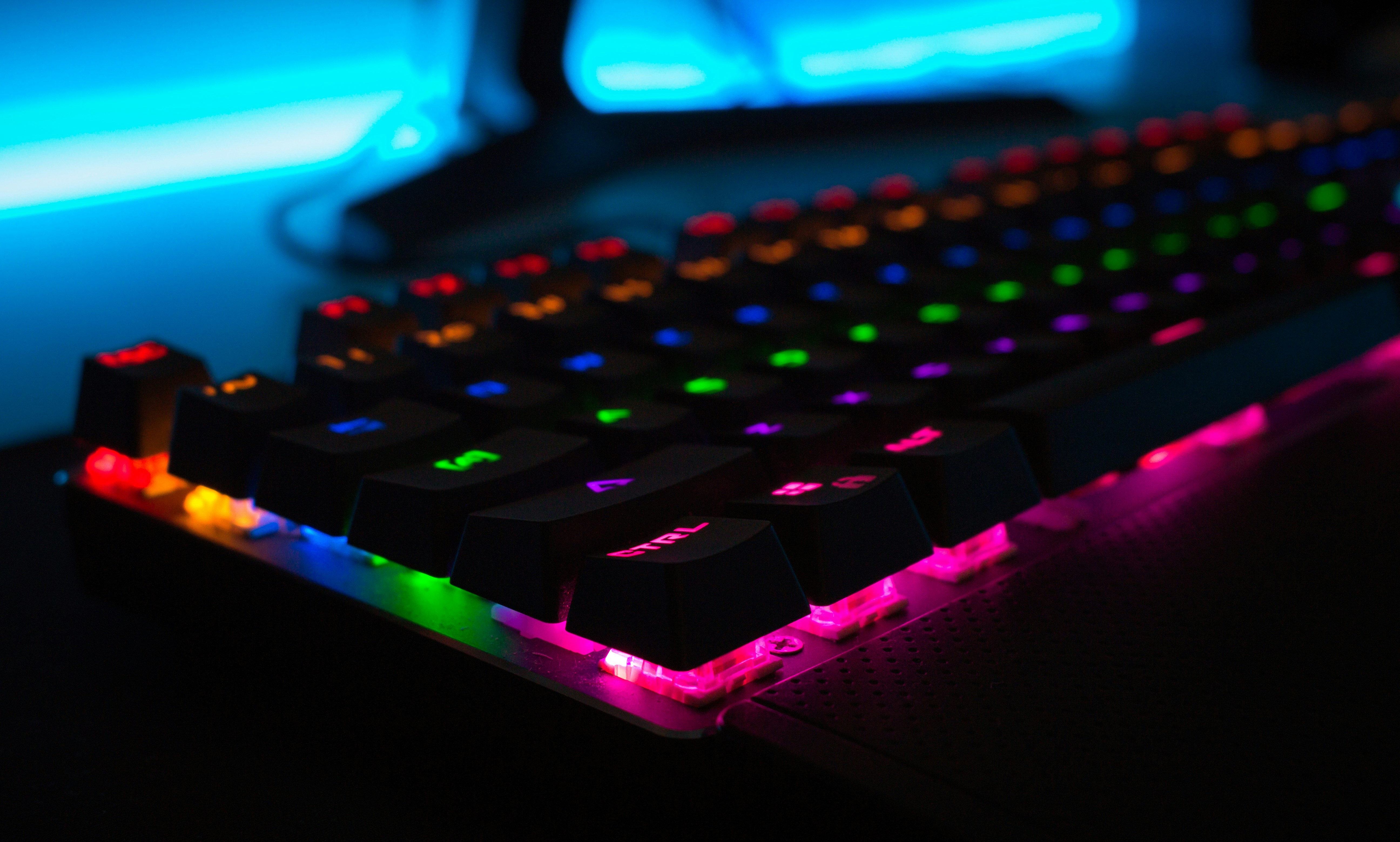Welcome to the console war no one saw coming: the operating system showdown. While Microsoft naps on its mountain of legacy code, Valve slipped through the back door with a Linux-based OS that’s quietly eating Windows’ lunch on handhelds. Apple, meanwhile, is awkwardly pacing the room with a tray of expensive canapés, hoping someone will care.
SteamOS: The Silent Assassin
Let’s start with the rising assassin in the room: SteamOS. Built on Linux, trimmed for gaming, and designed by people who actually play games, SteamOS is outpacing Windows 11 on handhelds like the Steam Deck and Lenovo Legion Go S. In benchmark tests, Horizon Zero Dawn ran 75% faster on SteamOS than on Windows. Same hardware. Same game. One system not phoning home every five seconds.
Why the edge? It’s not magic. It’s focus. SteamOS doesn’t waste time with bloatware, telemetry, or trying to be your family’s printer manager. It exists to run games. Period. Pair that with Proton, Valve’s compatibility layer that translates DirectX into Vulkan like a multilingual bouncer, and you get smoother performance than native Linux ports in some cases.
Even Elden Ring prefers SteamOS. That should tell you something.
Of course, it’s not all plug-and-play euphoria. Kernel-level anti-cheat still blocks many multiplayer titles. You can’t play Warzone, but you can definitely play Warzone of Indie Developers Who Know What Vulkan Is. Still, for solo campaigns and handhelds, SteamOS is starting to look like the new king.
Windows: The Bloated Monarch
Windows has reigned for decades. It works with everything. That’s also the problem.
It’s a general-purpose operating system trying to be everything to everyone, which means it drags legacy compatibility, telemetry, Cortana’s ghost, and ten different background services you didn’t ask for. This makes Windows feel like it’s showing up to an F1 race in a 4×4 with 200lbs of luggage in the boot.
Microsoft isn’t blind. It’s fighting back with a “full-screen Xbox experience” for handhelds, trying to mimic what SteamOS already does. It’s also testing Gaming Copilot, an AI assistant that might one day explain why Halo Infinite still needs 100GB of updates.
There’s also talk of a Windows Gaming Edition , a slimmed-down, bloat-free build. But let’s be honest: Microsoft creating a distraction-free Windows is like McDonald’s launching a salad-only menu. We’ll believe it when we see it.
Until then, Windows stays bloated, reliable, and dominant on desktop. But on handhelds? It’s being outclassed by a penguin in a hoodie.
Apple: The Aloof Observer
Apple has the silicon. M-series chips can absolutely run AAA titles. The problem is Apple behaves like it doesn’t want gamers. Or worse, doesn’t understand them.
Their Game Porting Toolkit is their version of Proton, and while it technically works (see: Diablo IV at 70 FPS), it’s like trying to convert a steakhouse into a vegan café with a French-English dictionary. Native ports perform twice as well, and anti-cheat support is… optimistic.
Developers cite slow payments, weird restrictions, and lacklustre support. Apple wants devs to jump through Metal API hoops instead of using industry standards like Vulkan. It’s a walled garden, and the gardeners are indifferent.
Apple could win gamers. But it would need to open up, pay studios to port big titles, and accept that not every game wants to run on a phone. Until then, expect Apple Arcade and a very pretty game launcher collecting dust.
The Bigger Picture
SteamOS is rising, Windows is adapting, and Apple… well, Apple is vibing in a corner with a 120Hz display and no Elden Ring. Linux gaming is no longer just for masochists and developers with Reddit tabs open. It’s for gamers who want better performance, better battery life, and fewer startup tasks asking for permission to update Adobe Reader.
Handhelds are the new battleground. SteamOS already owns the high ground. If Windows doesn’t shed weight and Apple doesn’t drop the attitude, Valve might just do the unthinkable: make Linux the default gaming OS.
And honestly? Weirder things have happened. Like Clippy. Or Windows Vista.

